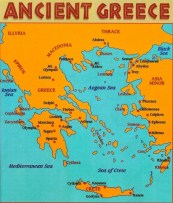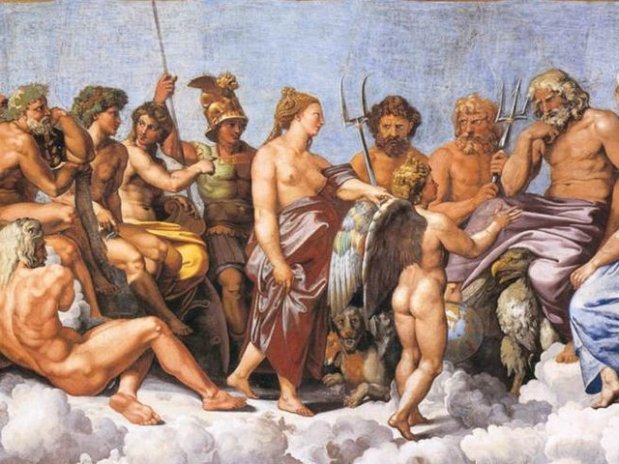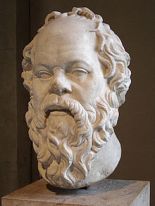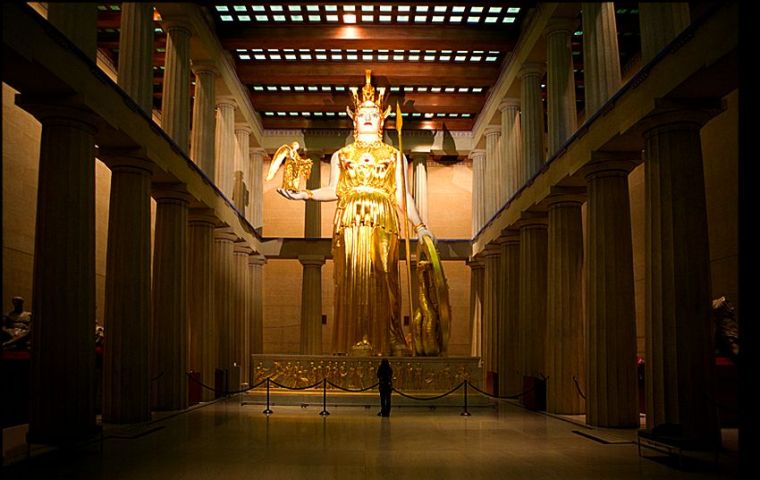When we talk about Ancient Greece, it is usually in reference to the period roughly between 500BC to 336BC.
It is the time of democracy, theatre and philosophy. It is Socrates, Sophocles and Aristotle. It is literatur e and art, architecture and culture, but it is also war; the time of military and kings.
e and art, architecture and culture, but it is also war; the time of military and kings.
It is the place of Athens, Thebes and Sparta; the places of Ancient Greece tale. For my first post, while I acclimatise to what this blog is going to be, I will write about five interesting things I have learnt this week about Ancient Greece.
- First, I don’t think you can begin anything about Ancient Greece and not mention the mythology. I will later do much longer pieces about it, but for now I will say this: Greek Gods and Goddesses are my favourite because they are stemmed in reality. The gods resemble man and man resembles the gods. They experience petty human emotions like jealousy, and it is unlike many other religious systems, especially of the monotheistic religions that most people follow today.
There is no pure goodness or badness. They are either showing a heroic nature, or are overcome by the other side of human nature that is often misconstrued as evil. The selfishness, or the difficult decisions that were never going to please everything.
I like the imperfectness of the Greek gods and goddesses.

2. Greece, or Ancient Greece more specifically, is where Democracy as we call it now, first came into place. Perhaps stemming in past communities of humans, to be passed down as a philosophy/value system onto the Greeks, it is a system which sustained them from about 550BC. Though their idea of democracy is vastly different from what exists today, the culture is ancient and it is inevitable that it will have developed since then.
It was the beginning of governance by the people.
3. Sophocles. Euripides. Aeschylus. Three writers of the theatre. They wrote the greek tragedy that leaves ripples waves in the society of today. From Sophocles’ stories of Oedipus, to Euripides’ Medea, these tragedies are dialogues of war, family disaster and some would say, a fictionalised and somewhat dramatised version of an ancient greek reality.
Suggested:
Sophocles – The Theban Plays
Aeschylus – Prometheus Bound and Other Plays
Euripides – Medea and Other Plays
4. Socrates is a name many of us recognise before knowing much of who he was and what he did.
He is a Greek Philosopher, much of which is known about him, noted down by his many students (one of which is the well-known, Plato.) He, unlike many people in both Ancient Greek time and the present society, had no cares for appearance. It is thought that instead, he placed importance on thinking for himself, regardles s of the consequences. As the citizens of his city clung to ideals of wealth and external beauty, he criticised and for this, he was convicted for execution.
s of the consequences. As the citizens of his city clung to ideals of wealth and external beauty, he criticised and for this, he was convicted for execution.
Many Athenians thought he threatened their way of life.
Socrates is a person, if you ignore many ancient beliefs, who I admire for this ability. He cared only for what evidence showed him, and not on simply following conventional belief.
5. Last, is the building of the Parthenon. Dedicated to the goddess Athena, it remains as a symbol of all that is Ancient Greece, its beliefs and its people. It is lined with the Parthenon Frieze, a marble structure which tells a narrative along the walls of the Parthenon.
It is beauty and the Ancient Greek culture at its core.


